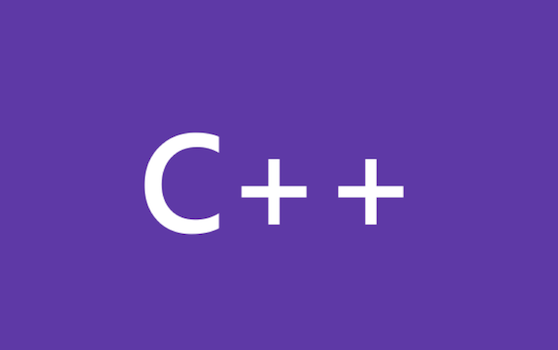


Windows XP Targeting with C++ in Visual Studio 2012

C++/CX Part 3 of [n]: Under Construction

Project Austin Part 3 of 6: Ink Smoothing

C++ Runtime for Windows 8 Store apps

Project Austin Part 2 of 6: Page Curling

DirectX Graphics Development with Visual Studio 2012

Download Today: Refreshed Casablanca Bits Available

Project Austin Part 1 of 6: Introduction


 Light
Light Dark
Dark